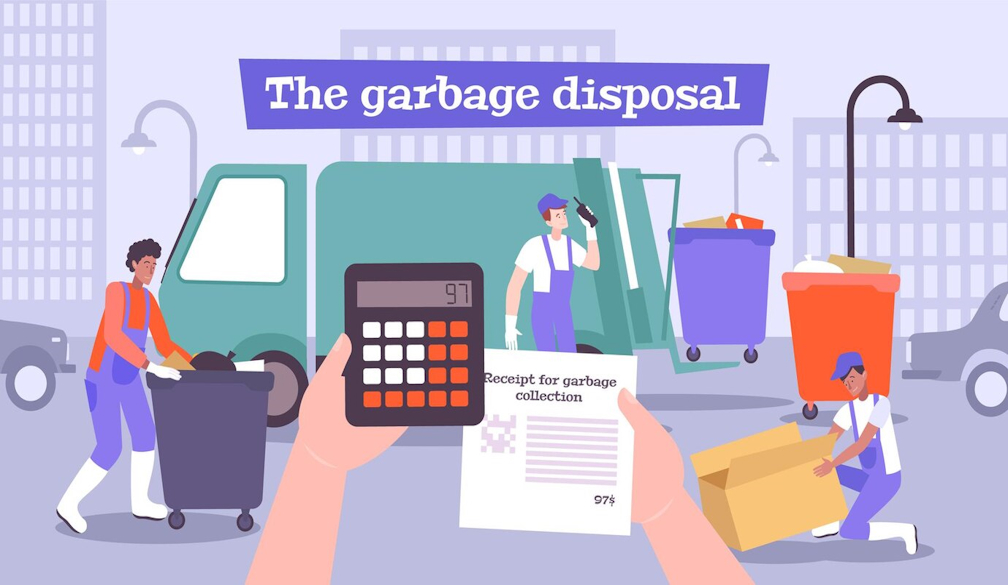The Rise of Eco-Skips: What Are They and How Do They Work?

Eco-skips are becoming an essential tool in modern waste management. These skips support sustainable practices. They minimise environmental impact while providing efficient waste disposal. Eco-skips has 4 and 10-cubic metre skip bins. They suit different project needs.
What Are Eco-Skips?
Eco-skips are waste bins specifically designed with sustainability in mind. They allow for the segregation, collection, and transport of recyclable and non-recyclable materials. These skips often work with recycling centres and waste-to-energy plants to reduce landfill use.
Critical features of eco-skips include:
- Clear labelling for waste types
- Durable materials made to withstand multiple uses
- Partnerships with recycling facilities for effective sorting and processing
How Do Eco-Skips Work?
Eco-skips function similarly to standard skips but come with added environmental benefits:
- Waste Segregation: Users must sort materials before putting them in the skip. Separate metal, plastic, green waste, and general waste.
- Efficient Collection: Skip hire companies collect and transport the bins to specialised facilities.
- Processing: We sort, recycle, or convert materials into energy where possible. They send only residual waste to landfills.
Benefits of Eco-Skips
- Reduced Landfill Use: Eco-skips recycle most materials. This cuts landfill waste.
- Lower Carbon Footprint: Eco-skips cut emissions by recycling more and needing less virgin material
- Regulatory Compliance: Using eco-skips can help businesses meet government waste management standards
- Cost Savings: Recycling waste is often cheaper than landfilling it. This is true for materials like metal and cardboard
Choosing the Right Size Eco-Skip
The size of the skip plays a crucial role in effective waste management.
- 4 Cubic Metre Skip Bin Dimensions: This size suits small-scale projects like home renovations or garden clean-ups. Its compact dimensions make it ideal for sites with limited space.
- 10 Cubic Metre Skip Bin: A more significant option for commercial projects or large-scale renovations. This bin accommodates bulk waste while supporting efficient recycling processes.
Eco-Skip Applications
- Construction Sites: Builders can separate recyclable materials to reduce landfill waste. This includes concrete, bricks, and metal.
- Home Renovations: Use eco-skips to dispose of recyclables, like timber and tiles, during renovations.
- Landscaping Projects: Put green waste, like branches and leaves, in eco-skips for composting or recycling.
- Commercial Waste Management: Businesses can use eco-skips to dispose of office waste greenly.
Tips for Using Eco-Skips Effectively
- Know Your Waste: Recycle only the suitable materials. Separate them before disposal.
- Avoid Contamination: Keep recyclable materials free from food waste or other contaminants.
- Optimise Space: Break down bulky items to maximise skip capacity.
- Work with Reliable Providers: Partner with an eco-friendly skip hire company.
Conclusion
Eco-skips are a step forward in sustainable waste management. There’s an eco-skip for every project. It has 4 cubic metres skip bin dimensions for small jobs and a 10 cubic metre one for larger jobs. Eco-skips help you manage waste and protect the environment.



















